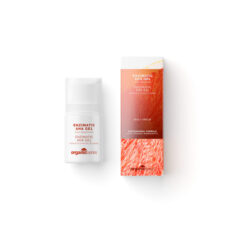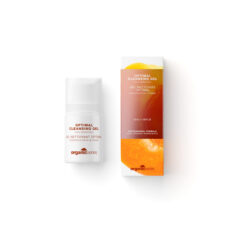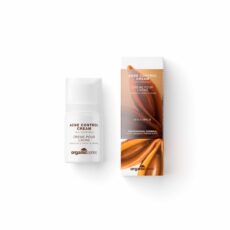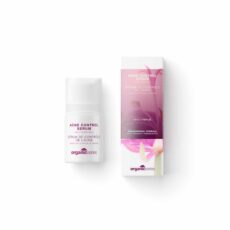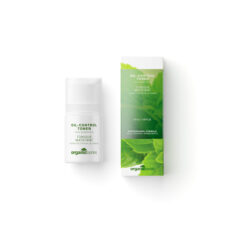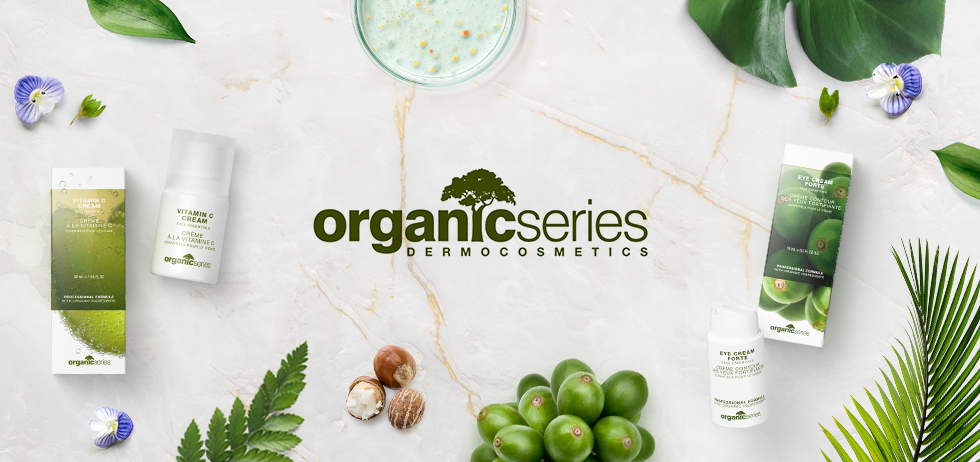Cream for Acne
Cream for acne – acne is a common problem that affects people of all ages, genders, and skin types. It can be frustrating and sometimes even painful to deal with, especially when it seems like nothing is working. Luckily, there are plenty of creams and other products available that can help to clear up acne and prevent future breakouts. In this article, we will be sharing 10 best benefits of using cream for acne and achieving beautiful, clear skin. Whether you’re dealing with occasional breakouts or chronic acne, these tips are sure to help you on your journey to clear, healthy skin.
10 Best Benefits of Using Cream for Acne
Using cream for acne can offer various benefits for those dealing with acne-prone skin. Here are ten of the best benefits, elaborated heavily on each:
1. Reduction in Inflammation: Acne creams often contain anti-inflammatory ingredients like benzoyl peroxide, salicylic acid, or niacinamide. These compounds help to calm redness and swelling associated with acne lesions. By reducing inflammation, acne creams can promote faster healing and alleviate discomfort.
2. Unclogging Pores: Many acne creams contain ingredients that work to unclog pores, such as salicylic acid or retinoids. These compounds penetrate the skin to dissolve excess oil, dirt, and dead skin cells that can clog pores and lead to acne breakouts. By keeping pores clear, acne creams help prevent new blemishes from forming.
3. Exfoliation: Some acne creams contain exfoliating ingredients like alpha hydroxy acids (AHAs) or beta hydroxy acids (BHAs). These compounds work to gently slough off dead skin cells, promoting cell turnover and preventing pores from becoming blocked. Regular exfoliation can also help fade acne scars and hyperpigmentation, resulting in smoother, more even-toned skin.
4. Antibacterial Properties: Certain acne creams contain antibacterial agents like benzoyl peroxide or tea tree oil. These ingredients target the bacteria that contribute to acne development, such as Propionibacterium acnes. By killing acne-causing bacteria, these creams can help reduce the severity and frequency of breakouts.
5. Oil Control: Excess oil production is a common factor in acne development. Many acne creams contain ingredients that regulate sebum production, such as retinoids or sulfur. By controlling oil production, these creams help prevent pores from becoming clogged and reduce the likelihood of new acne lesions forming.
6. Prevention of Scarring: Acne lesions, particularly severe ones, can leave behind scars that can be challenging to treat. By promoting faster healing and reducing inflammation, acne creams help minimize the risk of scarring. Additionally, some acne creams contain ingredients like vitamin C or niacinamide, which can help fade existing acne scars and promote skin regeneration.
7. Improved Skin Texture: Acne creams containing ingredients like retinoids or AHAs not only treat existing breakouts but also improve overall skin texture. These compounds stimulate collagen production and increase cell turnover, resulting in smoother, more youthful-looking skin. Regular use of these creams can help minimize the appearance of fine lines, wrinkles, and other imperfections.
8. Regulation of Hormonal Acne: Hormonal fluctuations can contribute to acne development, particularly in women. Some acne creams contain hormonal agents like spironolactone or birth control pills, which can help regulate hormone levels and reduce hormonal acne. By addressing the underlying hormonal imbalances, these creams provide long-term relief from acne breakouts.
9. Minimal Side Effects: Compared to oral acne medications, acne creams typically have fewer systemic side effects. While some people may experience mild irritation, dryness, or redness when using acne creams, these side effects are usually temporary and can be managed with proper skincare. Additionally, many acne creams are available in formulations suitable for sensitive skin, reducing the risk of adverse reactions.
10. Convenience and Accessibility: Acne creams are widely available over the counter or by prescription, making them convenient to obtain and use. They can be easily incorporated into existing skincare routines and used as standalone treatments or in combination with other acne-fighting products. With consistent use, acne creams offer a convenient and accessible solution for managing acne and achieving clearer, healthier skin.
In summary, using acne creams can provide a multitude of benefits, including reducing inflammation, unclogging pores, exfoliating the skin, controlling oil production, preventing scarring, improving skin texture, regulating hormonal acne, minimizing side effects, and offering convenience and accessibility. By addressing the underlying causes of acne and promoting skin health, acne creams play a crucial role in the treatment and management of acne-prone skin.
Understand the importance of moisturising in fighting acne
One of the main reasons why moisturising with a cream for acne is so important is that many acne treatments, such as benzoyl peroxide and salicylic acid, can be drying. While these ingredients are effective at fighting acne, they can also strip the skin of its natural oils and leave it feeling tight and uncomfortable. This dryness can actually exacerbate acne by prompting the skin to produce more oil to compensate, leading to clogged pores and breakouts. Moisturising with a cream for acne can help to balance the skin’s hydration levels and prevent this cycle of dryness and oiliness.
Another reason why moisturising is important in fighting acne is that it can help to soothe and heal irritated, inflamed skin. Acne can be a painful and uncomfortable condition, and using a cream for acne that contains ingredients like aloe vera, chamomile, or niacinamide can help to calm redness and reduce inflammation. This can not only improve the appearance of acne, but also prevent future breakouts by minimising the damage done to the skin.
When choosing a cream for acne, there are a few key tips to keep in mind. Look for a product that is labeled as non-comedogenic, meaning it won’t clog pores. Avoid creams that contain heavy oils or fragrances, as these can exacerbate acne. If you have oily or acne-prone skin, you may want to opt for a lighter, gel-based moisturizer rather than a heavy cream. And finally, make sure to apply your moisturizer regularly, both in the morning and at night, to keep your skin hydrated and healthy.
Incorporating pore-minimising ingredients into your skincare routine

To start with, it’s important to find a cream that contains pore-minimizing ingredients. These ingredients help to unclog pores and prevent the build-up of oil, dirt and other impurities that contribute to acne breakouts. Some common pore-minimizing ingredients include salicylic acid, glycolic acid and benzoyl peroxide.
Salicylic acid, for example, is a powerful exfoliating agent that can penetrate deep into the pores to remove dead skin cells and unclog pores. It also has anti-inflammatory properties, making it particularly effective in reducing redness and inflammation associated with acne.
Glycolic acid, on the other hand, is a type of alpha-hydroxy acid that works by breaking down the glue that holds dead skin cells together, thus revealing smoother, brighter skin. It also helps to boost collagen production, which can help to improve skin texture and prevent the formation of scars caused by acne.
Benzoyl peroxide is another effective ingredient often found in acne creams. It works by killing acne-causing bacteria on the skin’s surface, preventing new blemishes from forming and reducing the severity of existing breakouts.
It’s worth noting, however, that while these ingredients can be highly effective in minimizing pores and managing acne, they can also be potentially irritating to some skin types, particularly if overused or used in high concentrations. As such, it’s important to start slow when introducing a new acne cream to your skincare routine, using it only as directed and following up with a good moisturizer to prevent dryness and irritation.
Incorporating a pore-minimizing cream into your skincare routine can be a game changer when it comes to achieving clear, healthy skin. With the right ingredients and a consistent approach, you can say goodbye to enlarged pores and acne breakouts for good.
Cream for acne – conclusion
In conclusion, having acne can be frustrating, but there are many options when it comes to managing it. Using a cream for acne is just one of the many ways to keep your skin clear and healthy. By knowing your skin type, staying hydrated, and maintaining proper hygiene, you can help prevent breakouts and keep your skin looking its best. Additionally, being proactive with your skincare routine and seeking professional help when needed can make a significant difference in the appearance of your skin. With these tips in mind, you can achieve clear, glowing skin and feel confident in your own skin.
Expert recommendation
Organic Series Cream for Acne
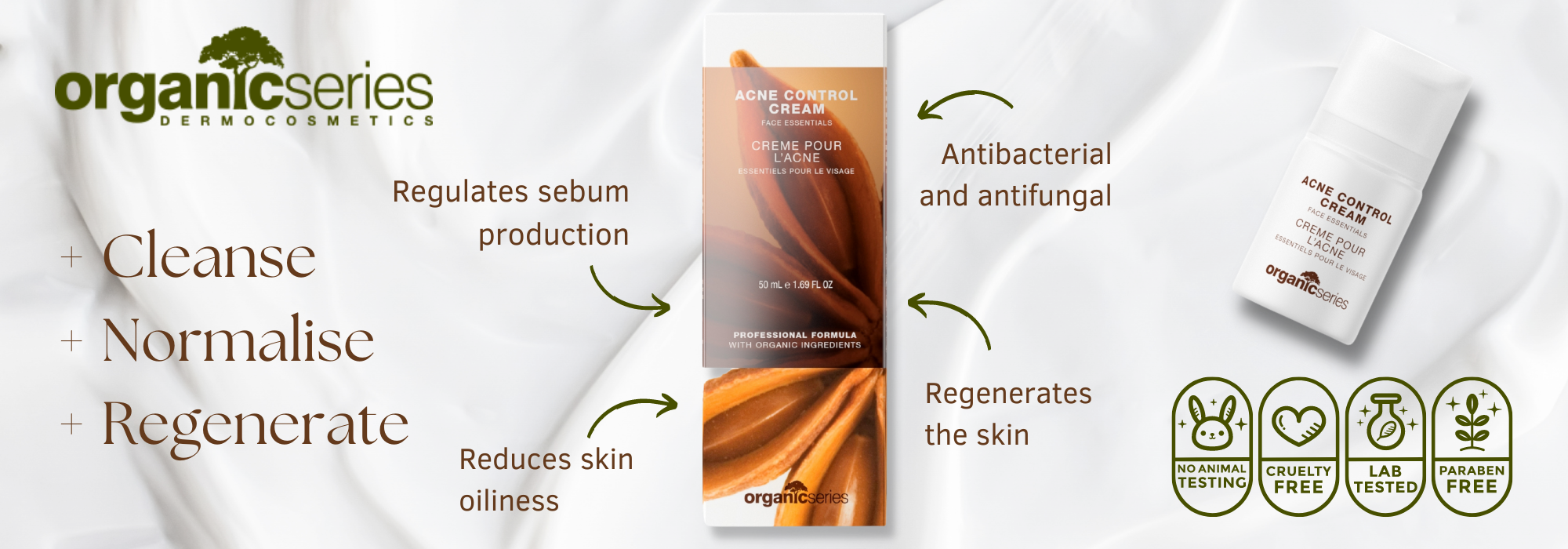
More inspiration
Follow Organic Series UK on instagram and facebook for more inspiration, expert tips and special discount codes!
Cream for Acne Skincare Routine By Organic Series
-
-
-
Organic Acne Cream | Acne Control Cream By Organic Series | 15ml, 50ml, 200ml
From £ 12.00Rated 4.75 out of 504 reviews -
Organic Acne Serum | Acne Control Serum By Organic Series | 15ml, 50ml, 200ml
From £ 12.00Rated 4.75 out of 504 reviews -
Toner for Oily Skin | Oil-Control Toner By Organic Series | 50ml, 200ml
From £ 24.00Rated 5.00 out of 501 review

Maria
Cosmetic Chemist
Maria
All Author Posts

